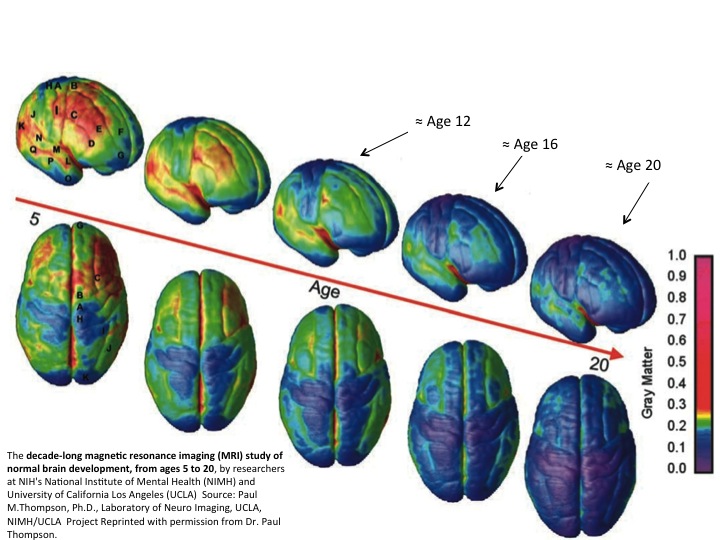
Time and again, I hear from husbands, wives, children, siblings, parents, and grandparents who cannot understand how their loved one could possibly relapse after a period of recovery. And for many, their voice cracks with utter despair as they explain the multiple treatment programs their loved one has gone through, only to relapse every time. They tell me their loved one seems to want to get and stay sober but can't seem to make it long term. "Why?" they ask.
As we continue our conversations about the specifics of the disease of addiction (aka severe substance use disorder), I share with them the scientific research that explains this brain disease by asking them to compare the changes in the Smart Phone of 2007 to the Smart Phone of today. Radical, revolutionary, life-changing, who could have imagined? The superlatives to describe this comparison are endless.
Those same superlatives can be applied to the changes in our understanding of the human brain; changes that explain how ACEs (Adverse Childhood Experiences) can cause a person to develop addiction (aka substance use disorder) and how untreated ACEs can make addiction recovery difficult.
I first share with them some of the brain research that explains:
- how the brain works, wires, develops, and maps to control everything we think, feel, say, and do
- how alcohol or other drugs, trauma, toxic stress, genetics, and environment can negatively change or influence that wiring, development, and mapping
- how addiction, aka substance use disorders, is a developmental brain disease that starts with substance misuse changing brain structure and functioning, making the brain more vulnerable to the five key risk factors for developing the disease [these risk factors include childhood trauma (adverse childhood experiences, aka ACEs), social environment, mental illness, early use, and genetics]
- how childhood trauma (adverse childhood experiences, aka ACEs) can cause toxic stress and how toxic stress can actually change a child’s brain architecture, negatively affecting their lifetime physical and emotional health
- how a person must heal their trauma (ACEs) in order to heal their brain and thereby improve their lives
- that the brain is plastic, meaning it can rewire, it can heal from the impacts of substance use disorders and trauma-related toxic stress.
And then we have a long conversation about ACEs. And almost to a person they say something like, "Wow (pause). Just wow (another pause). Well, that explains it."
Thus treating ACEs (Adverse Childhood Experiences) can go a long, long way to helping a person succeed in long-term addiction (aka, substance use disorder) recovery. Why? Because of the role ACEs play in changing a child’s brain wiring and mapping, making that child’s brain more susceptible to the key risk factors for developing a severe substance use disorder.
If you or someone you know are struggling with a severe substance use disorder, aka addiction, consider screening for ACEs. If you score high, consider getting help with a medical professional (a doctor who understands ACEs, a therapist who understand ACEs) who can help you unravel the impacts of childhood trauma on your brain and help you un-map your use of alcohol or other drugs to relieve those trauma triggers.
For more on this, check out my blog post, "Why Treating ACEs Helps With Addiction Recovery."



Comments (1)